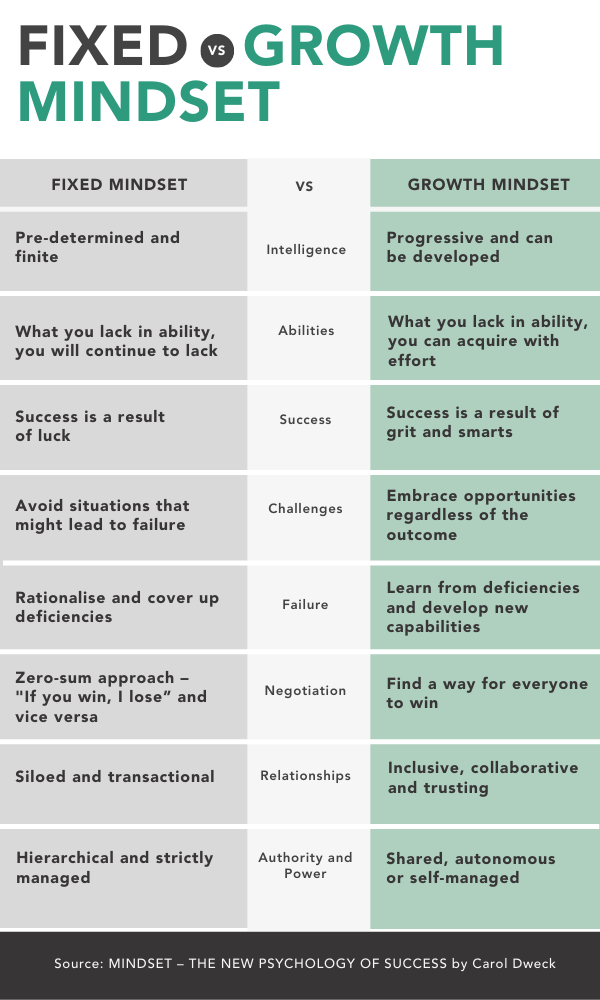Learn the 7 mindsets to build and maintain optimism and gain the mental strength to power through any difficult situation at work.
When everything is going great in business, optimism is easy. You’re pumped, you’re achieving something, you’re doing it on your own terms, and you are your own boss.
But 60% of small businesses fail in the first three years so the flip side of that excitement and optimism is fear, stress, pressure and the overwhelming dread that you are not the captain winning the city to Hobart yacht race, but in fact the captain of the Titanic – and you’re on a collision course for the iceberg.
I could not find any reliable data on suicide or depression statistics for business owners. But it stands to reasons that the high stress role which includes uncertainty, loneliness and the ongoing anxiety of impending public failure would lend itself to increased risk of mental health issues and depression. Along with the excitement, joy and sense of accomplishment mentioned above, entrepreneurship can leave you feeling isolated and alone. It brings cash flow and financial issues, the requirement to perform roles with multiple hats and sometimes overwhelming feelings of responsibility to your family and employees to know the right answer and make the right choices.
Late last year in my own company, a series of poor decisions on my behalf lead to high expenses and a drastic loss of revenue. The looming decision to cut staff was put off for as long as possible, but the debts were mounting, and the stress was becoming untenable. Eventually I was forced to make that decision, to cut our biggest expense, the staff, and run a lean ship until we were back in the black. It was devastating. I cared about these people, I enjoyed their input and commitment and most of all they were good at what they did. I’d failed both myself and my expectations and I’d failed those around me. I also lived in fear all the time, one more bill could push us over the edge.
Prior to starting the business, I did work on my mindset and came to the conclusion that happiness is a choice and a choice that I would commit to making every day. However, in my current environment I was struggling to carry out that commitment and I battled the urge to lull into depression and apathy. I felt anything but optimistic.
But happiness is a choice and I choose it every day. Here is how I do it:
1. I believe in myself
Things aren’t great now, they’re stressful and I sometimes wake up feeling the enormous pressure beating down on me but I know I have the skills to bounce back from this, I know I’m equally as smart and talented as the next guy and I believe in my ability to get through this. When I feel stressed, I just say to myself, “you’ve got this mate” and I feel better.
2. I am in the arena
To quote Theodore Roosevelt, in his famous Man in the Arena speech,
“It is not the critic who counts…. The credit belongs to the man who is actually in the arena… who at the worst, if he fails, at least fails while daring greatly”
In the end I might fail and that will be enormously disappointing and damaging to my ego but at least I had a go. I got in the arena and gave it a shot and for 7 years (and counting) I built a business and I made it into something successful. That is something to be proud of.
3. Nothing lasts forever
Bad times come and go. When you’re in the moment, experiencing the pain, the stress and the pressure, it’s easy to forget that in a year this will be a distant memory. All you have to do is get through one day. After that one day you just have to through the next day. And all of the days until you’re through. When you’re through you’ll take strength in knowing nothing like this will ever floor you again.
4. “They” are not on my square squad
Brene Brown in her book “Daring Greatly” has an exercise in which you take a small 1 inch square post-it and you write on the post it everyone in your life whose opinion of you really matters. It’s small so you keep it tight, those few that really care about you. This is called a square squad. My post-it is stuck to my monitor where I can see it all the time. If I worry about idle gossip or the real or perceived opinions of people who do not know me and do not matter to me, it will bring me down. If they’re not on my post-it, part of my “square squad”, they don’t matter.
5. There is more to life than work
When things are tough and you feel hemmed in by the business and the thoughts that if you fail, you’ll lose everything, and that failure will be very public. I try to list all of the things outside of work and the business that I am grateful for. My kids, my health, the house I live in and the neighbourhood I get to experience every day, the beauty of the harbour as I ride the ferry to work, my friends and my family. As a person, I am not the sum total of a career. So, if the business goes, I will still have all of these things and they are a lot.
6. Do something every day that’s just for you
It’s easy to forget the habits that are important to you when you’re stressed. In this state you might feel the need to work harder and longer. You may wish to skip the lunch break or your early morning gym session and just get to work. But every day you need something that’s just for you, that clears your head and helps you focus. For me it’s the gym and I go every morning without fail. I favour high impact cardio workouts where I’m too breathless to think. It clears my head, gets endorphins pumping and I walk away feeling pumped and ready for the day. If I’m feeling frustrated or down during the day, I’ll go to for a walk to clear my head. Time out gives you something to focus on things other than your responsibilities and pressures.
7. Take joy from others
One of the great advantages of running your own company is being able to choose the people around you. I work with people I genuinely like and respect and we enjoy each other’s company. Even with the trimmed down staff we still have our company rituals and we still laugh with and at each other every day. I take pride and joy in the fact that even when things are down, I have surrounded myself with people who bring me up.
I don’t for a minute take away from the struggles of mental health issues, they are real, and they are not to be taken lightly. While I feel pressure and stress and the weight of responsibility as acutely as the next person the difference is, I have the capacity and mental bandwidth to choose not to let it bring me down. I will not let myself sink into full depression. Some days I’m better at it than others and I try to remember if my mindset fails me one day, there is always tomorrow. As Monty Python would say, always look on the bright side of life.























